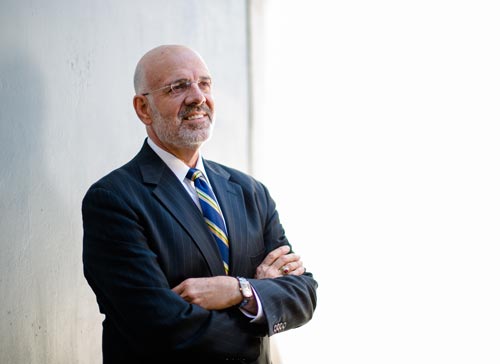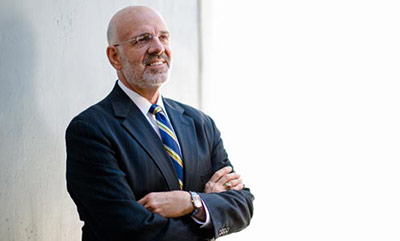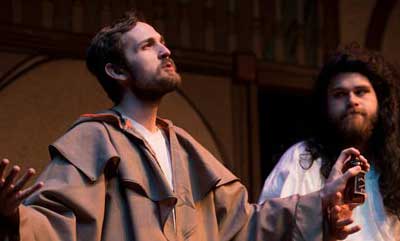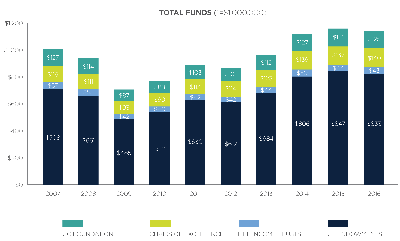Introduction

I am honored to lead the statewide University of Tennessee system, which proudly fulfills its mission to serve all Tennesseans every day. We know our success – the University’s and Tennessee’s – comes from us standing together to educate the next generation of UT graduates.
We’re guided by a strategic plan built around 20 mission-driven metrics and we meet or exceed 100 percent of goal in 13 cases, while performance in the other seven metrics is in the 80-90 percent range. We are committed to maximizing performance in all of these areas.
We’re also midway through two years of self-imposed budget restrictions and we’ve already made dramatic progress in narrowing a future funding gap. At the same time, we’re holding down tuition increases, which in fiscal 2016-2017 are the lowest in more than 30 years.
I’m determined not to leave the challenge of securing sustainable, long-term funding for the next UT president. Our success in this effort will establish a stronger University for generations to come.
Increasingly, current generations of our students are not only more well-qualified, they are more diverse. When they leave with diploma in hand, they are part of UT’s one family.
By focusing on diversity and inclusion as core values and establishing high standards for student conduct and campus civility, our graduates will make Tennessee and the world better.
We are one. We are UT.
All the best,


 Download the PDF Report
Download the PDF Report









